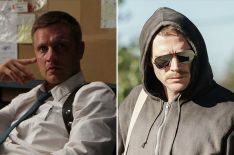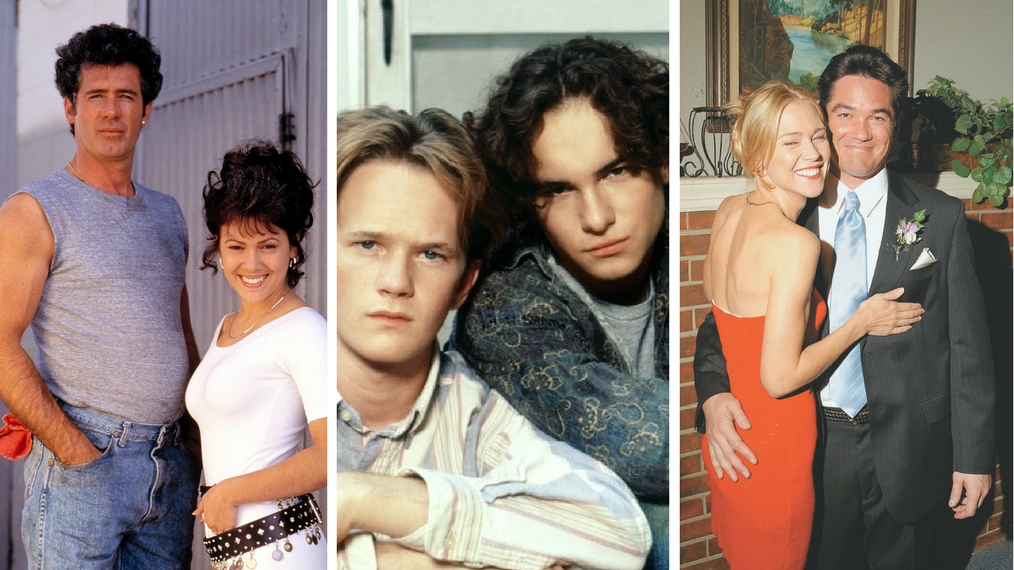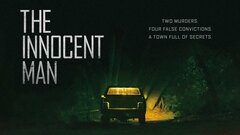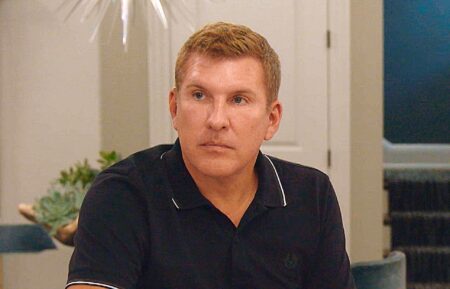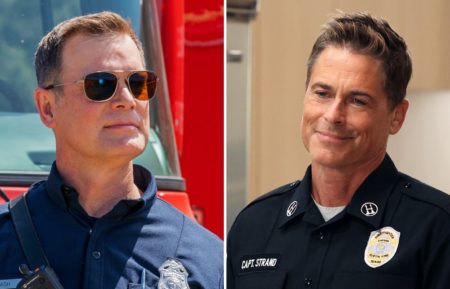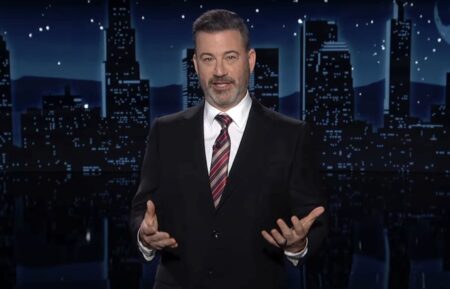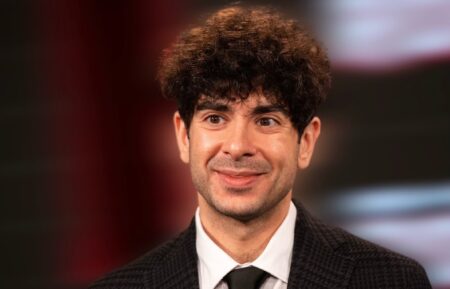Netflix’s ‘The Innocent Man’ Explores One Town, Two Murders & Four Wrongful Convictions
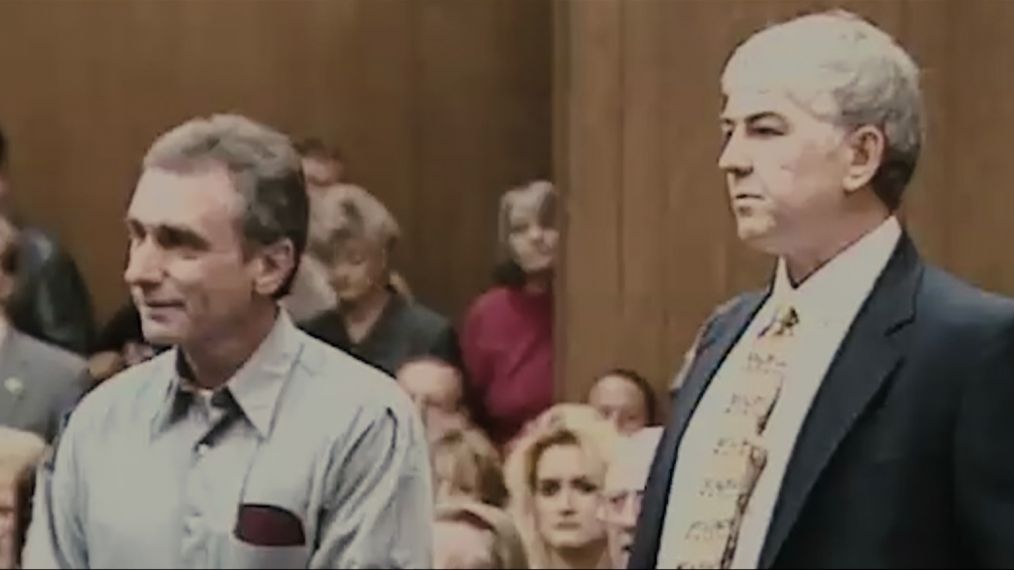
Preview
Truth really is stranger than fiction. Netflix’s latest docuseries is a sprawling tale that encompasses two murder cases, four convicted men who insist they didn’t commit the crimes, six families and countless lawyers, journalists and activists.
The Innocent Man recounts the investigations and criminal trials that followed both the 1982 murder of waitress Debbie Carter and the 1984 kidnapping and murder of store clerk Denice Haraway. Both crimes took place in the otherwise sleepy Oklahoma town of Ada, and in each case two men went to prison.
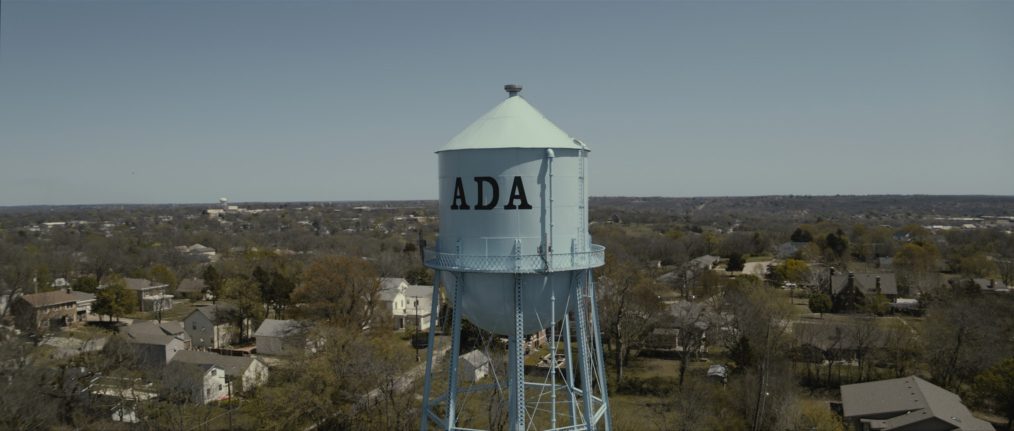
Locals Tommy Ward and Karl Fontenot confessed to Haraway’s murder before her body was ever found, and Ron Williamson, a former minor-league baseball player, and his friend Dennis Fritz were convicted of Carter’s. Years later, however, Ward and Fontenot recanted their confessions, while Williamson and Fritz maintained their innocence all along.
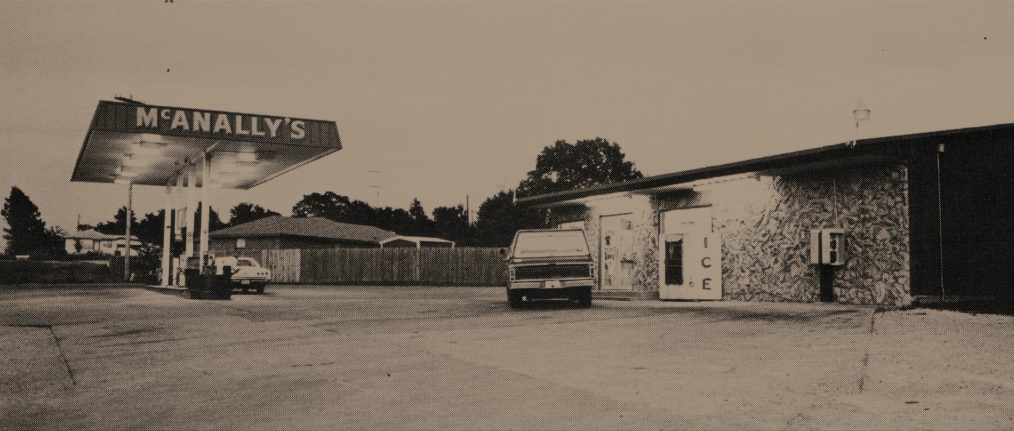
The Innocent Man? More like the innocent men. As the series asserts, there is substantial evidence — coerced confessions, false testimony, allegations of police corruption — that all four men were wrongfully convicted.
“If I wrote The Innocent Man as a novel, folks probably wouldn’t believe it,” author John Grisham (The Firm, The Pelican Brief) notes in the first episode. The series was inspired by his 2006 book, the only work of nonfiction he’s ever written.
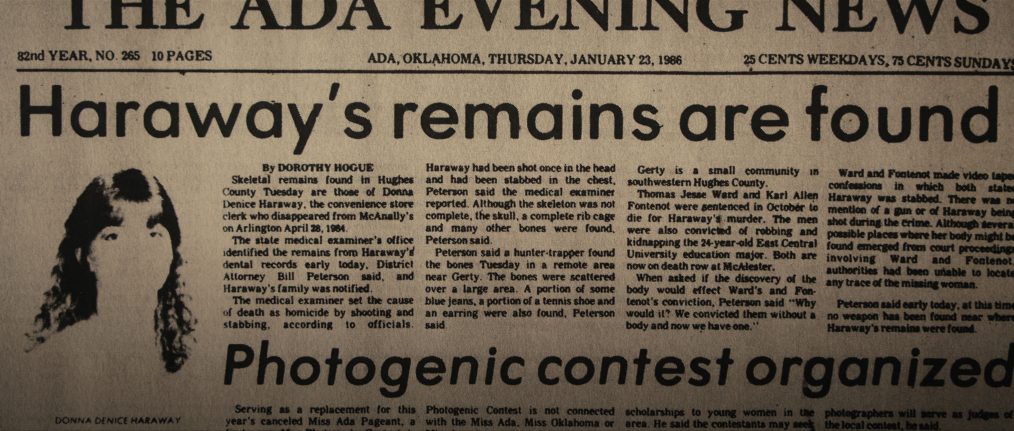
“You can’t believe the incompetence of the authorities,” Grisham tells TV Guide Magazine almost 14 years to the day since he first came across Williamson’s obituary in The New York Times. It inspired him to write a book about the case, since Williamson’s biography hit close to home.
As Arkansas native Grisham explains, “Here was a guy who was almost my age, same part of the world, same small-town kid, same dreams of playing major-league baseball, white guy — everything was the same. I thought to myself, ‘How could a guy like this be sent to death row for a murder he did not commit?'”
Director Clay Tweel knew Grisham’s source material could make a compelling series à la Making a Murderer. “It’s this crazy tale that has so many twists and turns,” says Tweel. “You could make 500 series based off how many crazy things happen in this small town.”
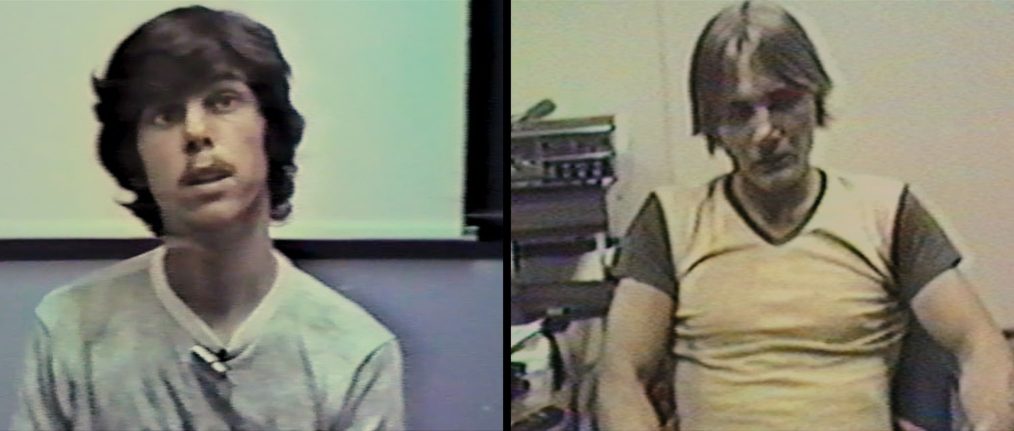
He spent almost two years working on the documentary, digging into the murder investigations, the trials and the efforts to free all four men — eventually leading to Williamson’s and Fritz’s exonerations in 1999. The series features video of actual police interrogations, archival news footage, as well as new interviews with family members, both prosecutors and defense attorneys and journalists who covered the murders in the ’80s and who are still trying to find the truth.
A substantial part of the series is devoted to the ways in which these controversial convictions have affected the victims’ families as well. Christy Sheppard, Carter’s cousin, served on Oklahoma’s death-penalty review commission and has organized a support group for exonerees.
As she points out, those exculpated of crimes, their families and the families of victims are all tied together by one fact: The criminal justice system has failed each of them. “We’re all intertwined by our desire to see change so that this doesn’t continue to happen,” Sheppard notes in one episode.
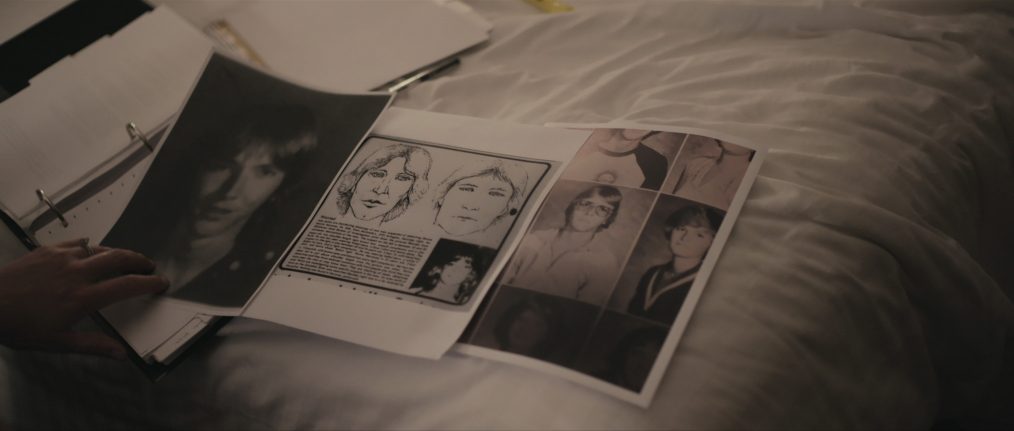
Tweel thinks of The Innocent Man as a “warning shot” to potential jurors about how the American justice system actually works. “It’s a system that is designed by humans, and humans are flawed,” he says.
Grisham has a more concrete goal for the series. “My biggest hope is to make a strong case for the innocence of Tommy Ward and Karl Fontenot,” he says. “Those boys are still in prison after 33 years. I hope that it puts pressure on the system to get those two out.”
The Innocent Man, Now Streaming, Netflix
From TV Guide Magazine
What to Expect From 'The Hunting Party's Love Triangle and Mystery
Manifest alum Melissa Roxburgh and the showrunner of NBC’s Hunting Party tease TV Guide Magazine about what’s ahead for the “government conspiracy that just keeps unfolding” — plus, the series’ “good” love triangle. Read the story now on TV Insider.

